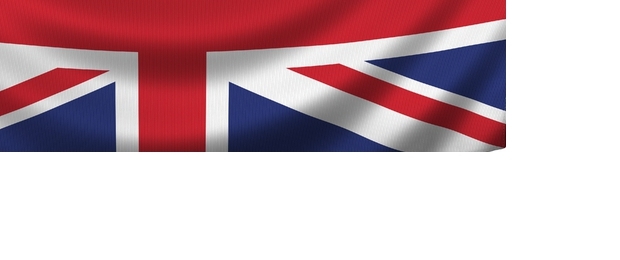
The peculiarities of the British
In most European countries, those who dislike the EU tend to be the poor and the less educated, who fear for their future and travel little. The politicians who speak for such people tend to come from the far left or far right. Those who are well-educated, travel a lot and lead comfortable lives usually support the EU. The mainstream political parties in most member-states are 'pro-European'.
Britain, however, is different. A large and influential section of its ruling class is virulently anti-French, anti-German and anti-Brussels. Even amongst politically moderate and highly intelligent people, one sometimes hears disparaging comments about the French and the Germans that, if said about other ethnic groups, would be socially unacceptable.
In Britain, it is increasingly fashionable to argue that the EU is an out-of-date, failing project that will not survive the era of globalisation. Business people and financiers have become particularly sceptical in recent years, generally viewing the EU principally as the source of every regulation they dislike (the EU is the source of some bothersome regulations, but the British government has usually voted in favour and then implemented them in an over-detailed manner). While 'only'16 per cent backed the UK Independence Party in the recent European elections, opinion polls show that around 40 per cent of the British would support withdrawal from the EU. Whatever their true feelings about Europe, ambitious young journalists or politicians know that a good way to make a mark is to adopt a eurosceptical stance. That is evident even in institutions such as the BBC and the Labour Party, which are not traditional bastions of anti-EU sentiment.
On my travels, when asked why the British are eurosceptical, I offer four explanations three of which are easily understood. These are history, and especially Britain's relatively glorious role in World War Two; geography, which placed Britain on the edge of Europe and open to the oceans; and economics the UK has out-performed much of the continent over the past ten years.
The fourth explanation, which is not easily understood outside the UK, is that Britain has a unique popular press. Of the 30 million people who read a daily newspaper, three-quarters read papers that are determined to make people dislike the EU. The remaining quarter read papers which, though broadly pro-European, still print much that criticises the EU. In the eurosceptic newspaper groups, journalists are expected to write stories that knock the Union. Articles which attempt to present a balanced account of an EU issue are unlikely to be published. The Times and the Telegraph, two serious newspapers, almost never print an opinion piece that presents the EU in a favourable light.
In no other European country is it acceptable for leading journalists to report tendentiously on, or even lie about, the EU. Take a few recent examples. Edward Heathcoat Amory writes in the Daily Mail that the constitutional treaty means we would "have to give up our vital seat on the UN Security Council if the EU Foreign Minister asked for it". In the same paper Melanie Phillips says of the European Court of Justice that its "overt purpose is to bring about a superstate". And in the Times, Irwin Stelzer claims the constitution will force Britain to give up the pound even if there is no UK referendum on joining the euro. Journalists get away with such factual inaccuracies because they are accountable to no one but their bosses and they face no sanction. The British system of press regulation is toothless and does virtually nothing to encourage truth-telling or balance.
Of course, not everyone believes everything they read in the press. But the steady drip, drip, of anti-EU propaganda over many years, having permeated deep into Britain's political culture, has finally triggered a major shift in public opinion. The momentum is towards withdrawal from the EU, but that is not inevitable. Britain's social and economic model with its welfare state, trade unions and redistributive taxation is closer to that of the continent than the US. Like most of Europe, Britain believes in a system of multilateral global governance that includes a strong role for the UN and a range of international bodies and treaties such as the Kyoto protocol and the International Criminal Court. Many of Britain's social values are closer to those of secular Europe than religious America.
But the eurosceptic tide cannot be turned unless Britain's political leaders are prepared to explain the benefits of EU membership; unless business and trade union leaders point to the huge economic cost of withdrawal; and unless Parliament reforms and strengthens the system of press regulation, so that journalists think twice before being cavalier with the truth.
